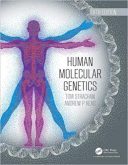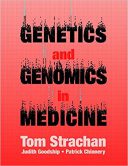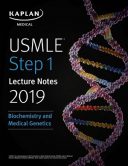Reordering Life: Knowledge and Control in the Genomics Revolution
پروسه چاپ این کتاب بین 5 الی 7 روز کاری میباشد
اطلاعات بیشترقیمت منصفانه
ارسال سریع
تنوع و کیفیت بالا
پشتیبانی و پاسخگویی
Human Genome Project
ویراست اول
1
رقعی
368
Reordering Life: Knowledge and Control in the Genomics Revolution (Inside Technology)
How the regimes governing biological research changed during the genomics revolution, focusing on the Human Genome Project.
The rise of genomics engendered intense struggle over the control of knowledge. In Reordering Life, Stephen Hilgartner examines the “genomics revolution” and develops a novel approach to studying the dynamics of change in knowledge and control. Hilgartner focuses on the Human Genome Project (HGP)―the symbolic and scientific centerpiece of the emerging field―showing how problems of governance arose in concert with new knowledge and technology. Using a theoretical framework that analyzes “knowledge control regimes,” Hilgartner investigates change in how control was secured, contested, allocated, resisted, justified, and reshaped as biological knowledge was transformed. Beyond illuminating genomics, Reordering Life sheds new light on broader issues about secrecy and openness in science, data access and ownership, and the politics of research communities.
Drawing on real-time interviews and observations made during the HGP, Reordering Life describes the sociotechnical challenges and contentious issues that the genomics community faced throughout the project. Hilgartner analyzes how laboratories control access to data, biomaterials, plans, preliminary results, and rumors; compares conflicting visions of how to impose coordinating mechanisms; examines the repeated destabilization and restabilization of the regimes governing genome databases; and examines the fierce competition between the publicly funded HGP and the private company Celera Genomics. The result is at once a path-breaking study of a self-consciously revolutionary science, and a provocative analysis of how knowledge and control are reconfigured during transformative scientific change.
Review
-
تخفیف%35 تخفیفانتخاب گزینه ها This product has multiple variants. The options may be chosen on the product page
Reordering Life: Knowledge and Control in the Genomics Revolution
۵,۲۶۰,۰۰۰ ریال–۵,۶۷۰,۰۰۰ ریال













دیدگاهها
هیچ دیدگاهی برای این محصول نوشته نشده است.